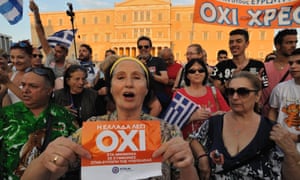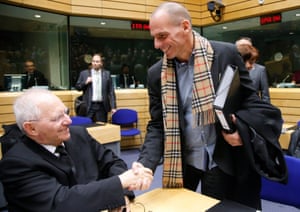
We live in extraordinary times. There are over 100 TV channels and over 5000 newspapers, magazines and news websites in the country. Yet, on Press Freedom Day, Thursday May 3, the shackles that bind us and the gags that silence us must be recorded.
We cannot comment freely on the machinations of the Miltablishment without being roughed up or “disappeared”. We cannot comment freely on the utterances and decisions of the judges without being jailed for contempt. We cannot comment freely on the motives that drive the Pashtun Tahaffuz Movement and other rights-based groups without being berated for anti-state behavior. We cannot comment freely on the “protests” and “dharnas” of militant religious parties and groups without being accused of “blasphemy” and threatened with death. And so on. The price of freedom is costly. There have been over 150 attacks on journalists in the last twelve months, one-third in Islamabad, the seat of the “democratically” elected, pro-media government.
We live in extraordinary times. With less than one month to go in the term of the present government, we still do not know who the interim prime minister and chief ministers will be, or whether general elections will be held on time or whether these will be rigged or free and fair.
----Also watch
India and its 'free press'
Yashwant Sinha - " Without a Blink, I Will Ask People to Vote the BJP Out of Power"
--------
We live in extraordinary times. The “hidden hand” is everywhere and nowhere at the same time, pulling the plug on dissenters. For over four years, the democratically elected PMLN government in Balochistan was alive and kicking. One day, suddenly, it was gone in a puff of smoke, replaced by a motley crew of pro-Miltablishment “representatives”. For over three decades, the MQM was alive and kicking. One day, it was splintered into three groups, each vying for the favours of the Miltablishment. For over two decades, Nawaz Sharif was the President of the PMLN and thrice elected prime minister of Pakistan. One day he was no more for ever. And so on.
We live in extraordinary times. For over five decades, the Peoples Party of the Bhuttos was the main liberal, anti-Miltablishment party in the country. Now, under the Zardaris, it is solidly on the side of the Miltablishment. For over seven decades, the Mulsim League has been the main pro-Miltablishment party of the country. Now, under Nawaz Sharif, it is the main anti-Miltablishment party in Pakistan. Indeed, for long Mr Sharif was the blue-eyed boy of the Miltablishment. Now he is its chief nemesis.
We live in extraordinary times. A massive political engineering exercise is being held today to thwart some parties and politicians and prop up others. Such attempts were made in the past too but always under the umbrella of martial law and PCO judges. What is unprecedented in the current exercise is the bid to achieve the ends of martial law by “other” means. An unaccountable judiciary is the mask behind which lurks the Miltablishment. The judges have taken no new oath. Nor is the order of the day “provisional”.
We live in extraordinary times. The liberal and secular supporters of the PPP are in disarray. Some have sullenly retreated into a damning silence. Many have plonked their hearts in the freezer and are queuing up to vote for Nawaz Sharif because he is the sole anti-establishment leader in the country. A clutch is ever ready to join the ranks of rights-groups protesting “state” highhandedness or injustice, like the PTM. We are in the process of completing the circle that began with the left-wing, anti-establishment, party of Zulfikar Ali Bhutto and is ending with the right-wing, pro-establishment, party of Imran Khan. The “caring socialist-fascism” of the PPP in the 1970s has morphed into the “uncaring capitalist-fascism” of the PTI today. The middle-class, cheery, internationalist “hopefuls” of yesteryear have been swept aside by the middle-class, angry, nationalist “fearfuls” of today.
We live in extraordinary times. In the first two decades of Pakistan, we stumbled from one civil-military bureaucrat to another without an organic constitution or free and fair elections. In the third decade, we lost half the country because of the political engineering of the first two decades but managed to cobble a democratic constitution in its aftermath. Trouble arose when we violated the constitutional rules of democracy and paid the price of martial law in the fourth decade. In the fifth, we reeled from one engineered election and government to another until we were engulfed by another martial law in the sixth. In the seventh, we wowed to stick together under a Charter of Democracy but joined hands with the Miltablishment to violate the rules of the game. Now, after sacrificing two elected prime ministers at the altar of “justice”, we are back at the game of political engineering in the new decade.
Pakistan is more internally disunited today than ever before. It has more external enemies today than ever before. It is more economically, demographically and environmentally challenged today than ever before. The more it experiments with engineered political change, the worse it becomes. We live in extraordinary times.




